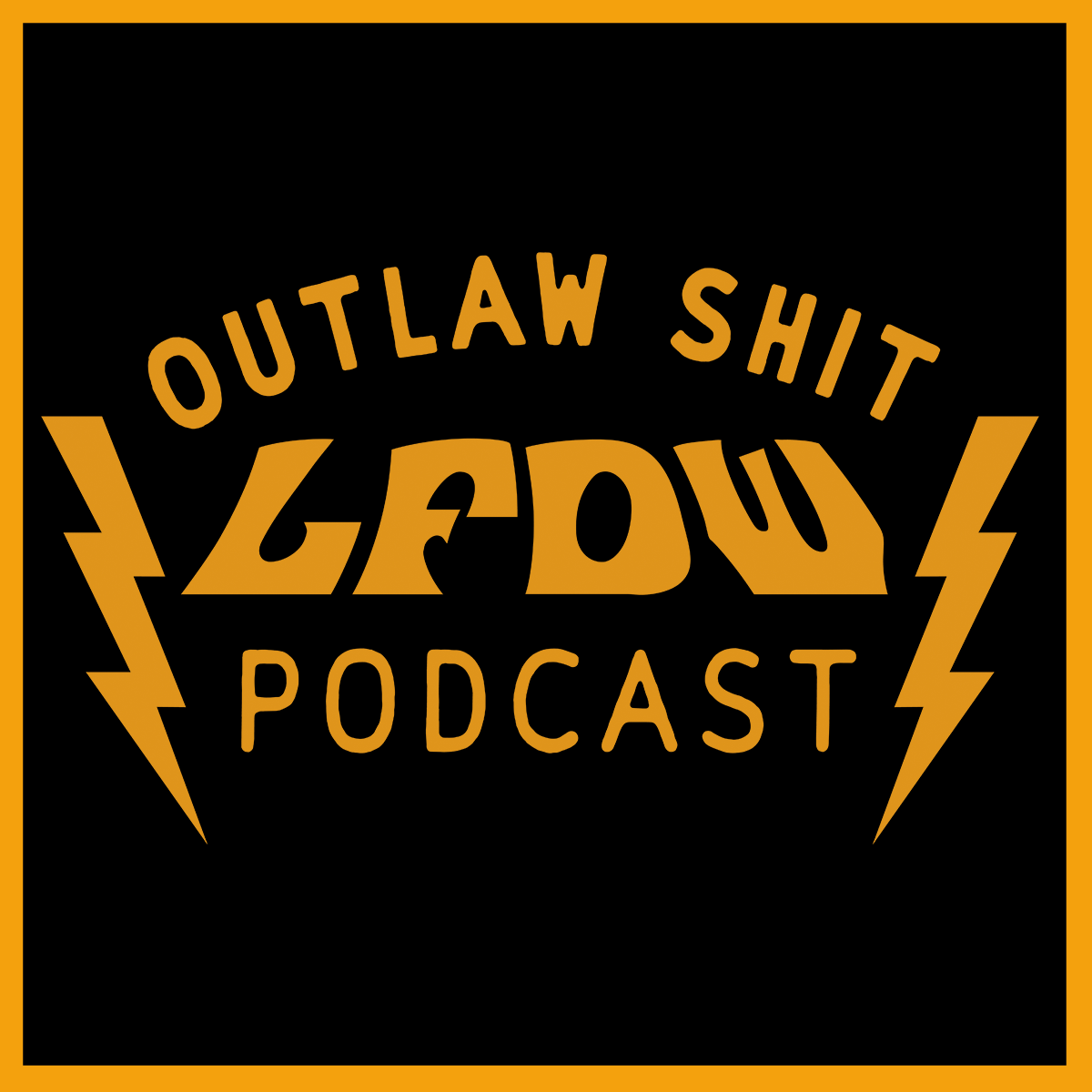Excellent
5000+ reviews
Shipments May Arrive in Multiple Packages

LFDW Magazine
Live Forever Die Whenever
$23.00


























Excellent
5000+ reviews

Do we ship internationally?
Yes- only if you message us directly. International shipping is complicated, we will only fulfill international orders if you reach out to us directly and understand processing costs and shipping times will vary.
Who do I contact about order concerns?
Email regan@shoplfdw.com with any comments/concerns
Care instructions?
We recommend washing our products on cold and dry on a gentle cycle or leave it out. We cannot guarantee longevity outside of those instructions!
